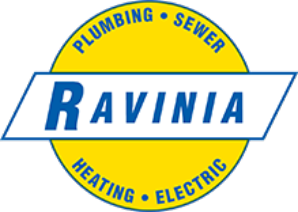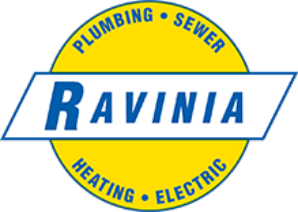
Our homes are our sanctuaries. Providing comfort after a long day of work, giving us a place to gather with family and friends, and allowing a place of rest at the end of the day, most of us spend a good proportion portion of our lives in our homes. We assume our homes are safe and free of toxins, but unfortunately, there could be hidden dangers lurking.
One such potential hazard is carbon monoxide. Carbon monoxide (CO) is an odorless, colorless and tasteless gas that is produced when any fossil fuel, including natural gas, is burned. Common appliances like stoves, grills, ovens, gas fireplaces and furnaces can produce carbon monoxide. Cars and trucks burning fuel also result in the production of CO. When the fossil fuels do not burn properly, CO can build up in your home, causing your body to replace the oxygen in your red blood cells with carbon monoxide, potentially leading to carbon monoxide poisoning.
Carbon monoxide poisoning can go virtually undetected and can impact victims when they least expect it, like during sleep. The threat of carbon monoxide poisoning is real, so much so that the state of Illinois now has laws mandating that all residential properties must be equipped with approved carbon monoxide detector equipment within 15 feet of any area used for sleeping. But as scary as carbon monoxide poisoning can be, it can be prevented.
One of the most important things you can do to keep your family safe from CO poisoning is installing carbon monoxide detectors on every floor, approximately five feet from the floor, and near all sleeping areas. Make sure to change the batteries every 6 months as well.
Keep fuel-burning appliances properly vented. Gas-powered engines should run no more than 20 feet away from an open door or window. And never heat your home with your gas range or oven.
Never run your car or truck engine in an enclosed garage.
Recognize the symptoms of CO poisoning. Dizziness, nausea, headaches or irregular coughing can all be signs. If your CO detector goes off and you feel ill, leave the house immediately and call 911.
Hire a qualified expert to service and inspect your furnace, or any other gas-burning appliances, at least once a year. Using these preventative measures, we can help protect our families from this silent killer.




